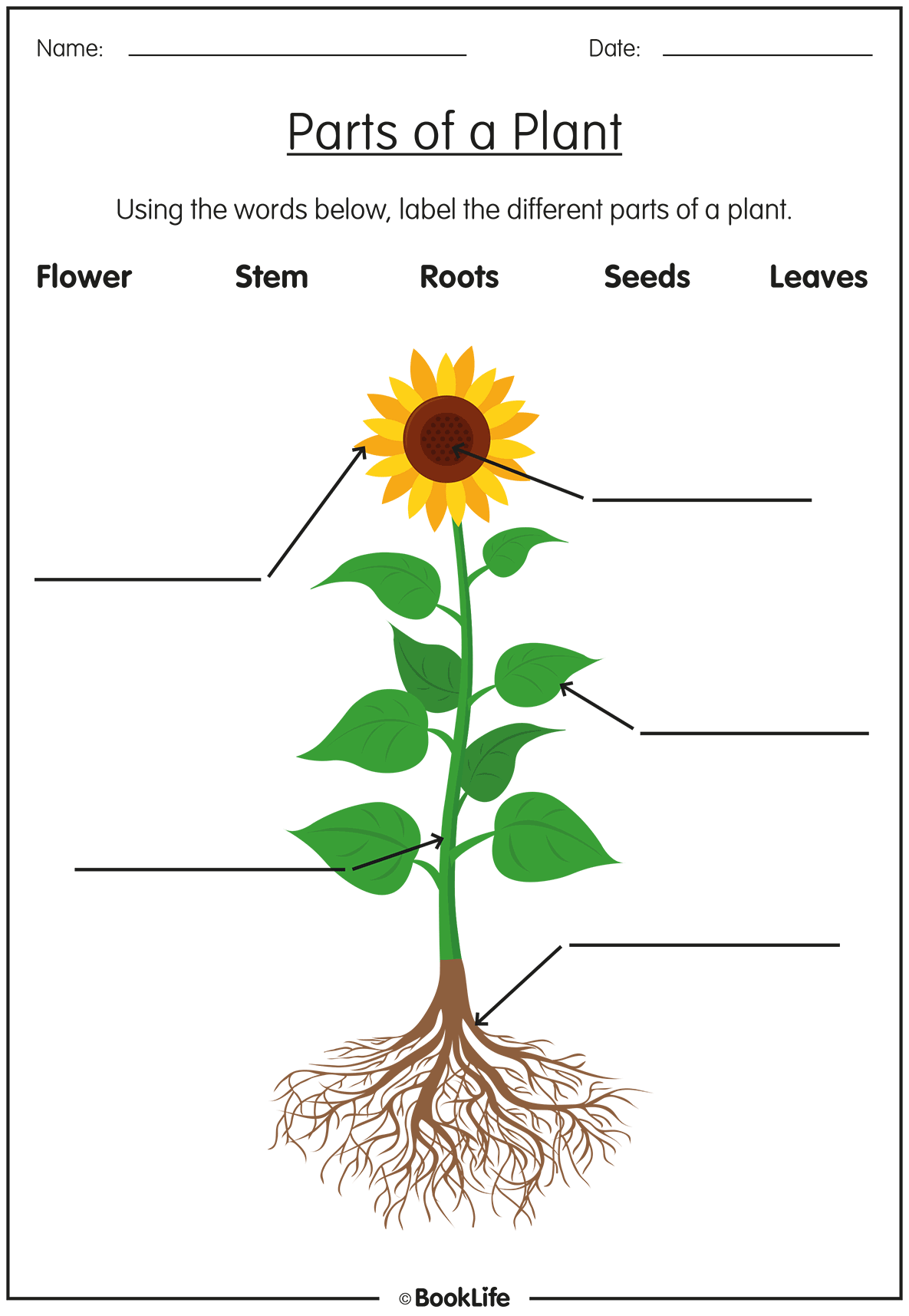Absolutely! Here’s a 3000-word article about a plant quiz, structured with `
` and `
` tags instead of “ for a more article-like format.
Plants are the silent, vibrant backbone of our world, providing us with food, oxygen, and beauty. But how much do you really know about the botanical wonders that surround us? This comprehensive plant quiz will challenge your knowledge, from basic botany to obscure plant facts. Are you ready to put your green thumb to the test?
Section 1: The Basics of Botany
Photosynthesis and Plant Physiology
Photosynthesis is the cornerstone of plant life. But can you answer these fundamental questions?

What are the primary products of photosynthesis?
Plant Anatomy: Roots, Stems, and Leaves
Understanding plant structure is crucial.
What is the function of xylem and phloem?
Plant Classification and Taxonomy
Let’s delve into the science of categorizing plants.

What are the major divisions of the plant kingdom?
Section 2: The World of Flowering Plants
Flower Structure and Pollination
Flowers are more than just pretty faces.
Name the parts of a typical flower and their functions.
Fruit and Seed Development
From blossom to harvest, the process is fascinating.
How does a flower become a fruit?
Plant Reproduction and Life Cycles
From seed to seedling, the cycle of life continues.
Explain the process of plant fertilization.
Section 3: Specialized Plant Adaptations
Plants in Extreme Environments
Some plants thrive in the harshest conditions.
What are the adaptations of desert plants (xerophytes)?
Carnivorous Plants
These fascinating plants have turned the tables on the animal kingdom.
Name three different types of carnivorous plants.
Symbiotic Relationships
Plants often form partnerships with other organisms.
Explain the symbiotic relationship between plants and mycorrhizal fungi.
Section 4: The Culinary and Medicinal World of Plants
Edible Plants and Their Uses
Plants are the foundation of our diet.
Name five common edible plant families.
Medicinal Plants and Herbal Remedies
Plants have been used for healing for centuries.
Name three plants used in traditional medicine.
Spices and Flavorings
Plants add flavor and aroma to our food.
What are the origins of common spices like cinnamon and pepper?
Section 5: The Art and Science of Plant Cultivation
Gardening and Horticulture
Cultivating plants is a rewarding hobby and profession.
What are the basic principles of soil science?
Hydroponics and Modern Agriculture
Innovative techniques are changing how we grow plants.
What is hydroponics and how does it work?
Plant Conservation and Biodiversity
Protecting plant life is essential for our planet’s health.
What are the threats to plant biodiversity?
Section 6: Advanced Plant Knowledge and Trivia
Unusual Plant Facts
Prepare to be amazed by these botanical oddities.
What is the world’s largest flower?
Plant Genetics and Evolution
The study of plant genetics reveals the secrets of plant diversity.
What is the significance of Gregor Mendel’s work with pea plants?
Plant Pathology and Diseases
Plants, like all living things, are susceptible to diseases.
What are common plant diseases caused by fungi, bacteria, and viruses?
Section 7: The Plant Quiz Challenge
Multiple Choice Questions
Test your knowledge with these challenging questions.
1. Which plant family is known for its distinctive lip-shaped flowers?
2. What is the process by which plants lose water through their leaves?
3. Which plant hormone is responsible for fruit ripening?
True or False Questions
Separate fact from fiction.
1. All fruits are edible.
2. Bamboo is a type of grass.
3. Venus flytraps are native to tropical rainforests.
Short Answer Questions
Put your botanical knowledge to the test.
1. Describe the process of vernalization.
2. Explain the importance of pollinators in ecosystem health.
3. What are the challenges of growing plants in space?
By exploring these sections and tackling the questions, you’ll gain a deeper appreciation for the fascinating world of plants. Whether you’re a seasoned botanist or a curious novice, the plant kingdom offers endless opportunities for discovery.
This quiz is designed to be informative and engaging, offering a blend of basic and advanced concepts. May your knowledge blossom and your green thumb flourish!



